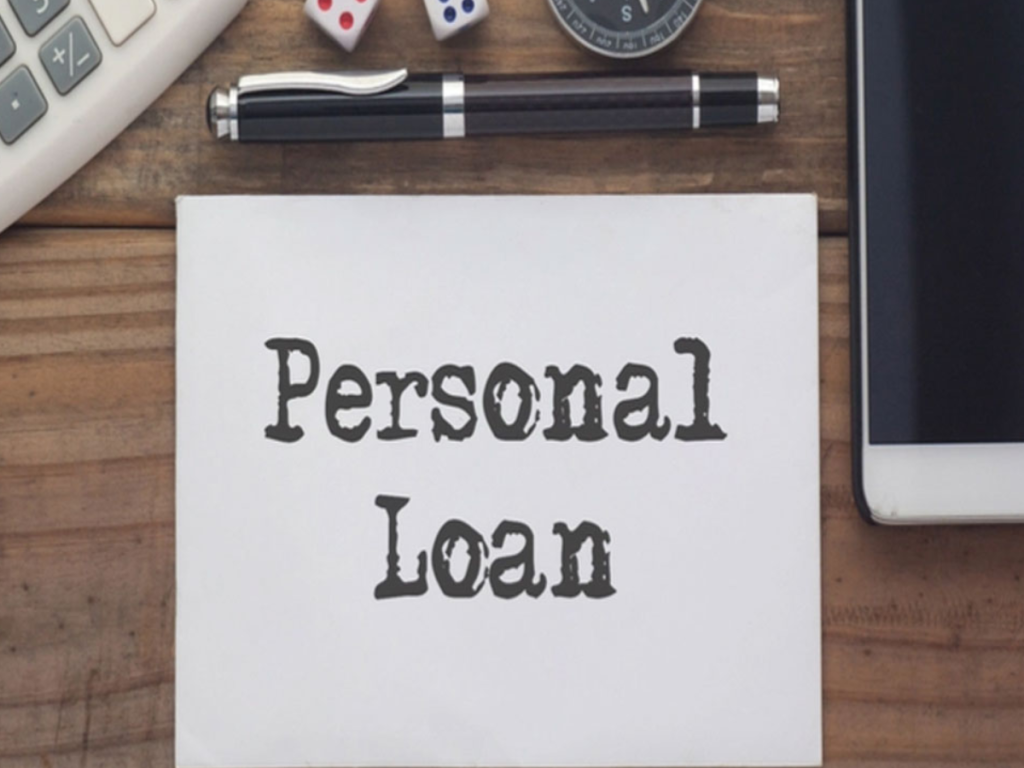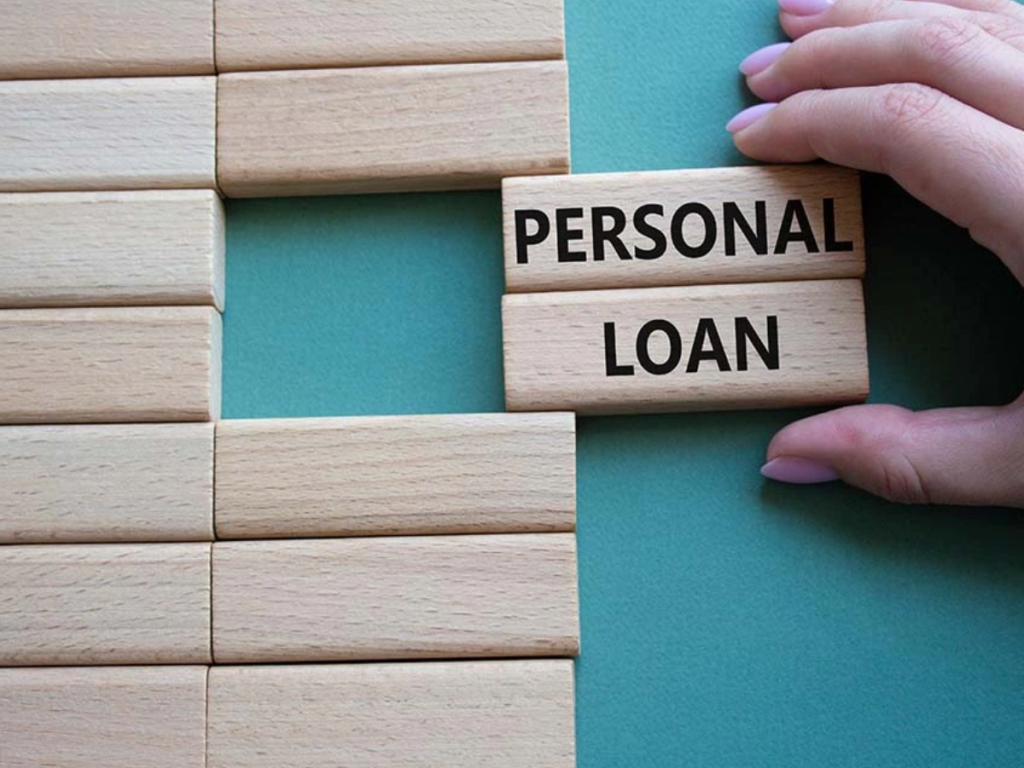Introduction
In life, there are times when unexpected financial emergencies arise, such as medical expenses, urgent home repairs, or other pressing needs. During such times, an emergency personal loan can be a lifeline, providing the funds necessary to cover these expenses. However, while these loans offer immediate relief, it’s essential to understand how they can impact your credit. Whether you’re considering taking out an emergency loan or have already done so, being aware of the potential effects on your credit score and overall financial health is crucial.
This article will explore the impact of emergency personal loans on your credit, the different types of loans available, and how you can manage these loans to minimize negative consequences. By the end, you’ll have a clear understanding of the potential effects of emergency loans on your credit and how to use them responsibly.
What is an Emergency Personal Loan?
An emergency personal loan is a type of loan typically used to cover unexpected or urgent expenses. It is a short-term, unsecured loan that is typically repaid in monthly installments over a set period, which can range from several months to a few years. Unlike a mortgage or auto loan, personal loans generally don’t require any collateral. This means that they are unsecured loans, and the lender relies on your creditworthiness and income to determine approval and loan terms.
These loans can be used for various purposes, including:
- Medical emergencies: Unexpected health-related costs or medical treatments.
- Home repairs: Urgent home repairs, such as fixing a leaking roof or replacing a broken water heater.
- Debt consolidation: Combining high-interest debts into one manageable payment.
- Car repairs or replacement: Emergency car repairs or purchasing a new vehicle.
How Emergency Personal Loans Affect Your Credit Score
Your credit score is a key factor that lenders use to evaluate your creditworthiness. It ranges from 300 to 850, with higher scores indicating better credit risk. The impact of an emergency personal loan on your credit score can vary depending on several factors, including how you manage the loan and your overall credit history.
1. Hard Inquiry (Credit Check)
When you apply for an emergency personal loan, the lender will likely perform a hard inquiry (also known as a hard pull) on your credit report to assess your creditworthiness. A hard inquiry occurs when a lender checks your credit report as part of their decision-making process. This inquiry can have a small, short-term impact on your credit score, typically causing a decrease of a few points.
While a single hard inquiry may not have a significant long-term effect on your credit score, multiple inquiries within a short period (such as applying for several loans in a short span) can indicate that you are experiencing financial stress, which may negatively impact your score. Therefore, it’s essential to limit the number of hard inquiries you allow.
2. Debt-to-Income Ratio and Credit Utilization
When you take out an emergency personal loan, it increases your overall debt load. This increase in debt can affect two key factors related to your credit: your debt-to-income ratio (DTI) and your credit utilization.
- Debt-to-Income Ratio (DTI): DTI is a measure of your monthly debt payments in relation to your monthly income. A higher DTI ratio indicates that a larger portion of your income is used to pay off debts, which can signal to lenders that you might be at a higher risk of defaulting on future loans. While DTI itself doesn’t directly impact your credit score, it can affect your ability to qualify for future loans and credit cards.
- Credit Utilization: If you use a personal loan to pay down credit card debt, it could help lower your credit utilization rate. Credit utilization is the percentage of your available credit that you are currently using. It’s a critical factor in your credit score calculation. A lower credit utilization rate generally improves your score, so if you use an emergency loan to pay off high-interest credit card debt, it can have a positive effect on your credit score.
3. Repayment History
Your repayment history is the most significant factor in determining your credit score, accounting for approximately 35% of your score. Making timely payments on your emergency personal loan will have a positive impact on your credit score, as it shows that you are managing debt responsibly.
However, failing to make timely payments or missing payments can have a negative impact on your score. Late payments are typically reported to the credit bureaus after 30 days and can remain on your credit report for up to seven years. Therefore, it’s essential to budget and ensure you have the ability to make regular, on-time payments before committing to an emergency loan.
4. Loan Term and Amount
The loan amount and repayment terms also play a role in how an emergency loan affects your credit. Taking out a large loan with a long repayment term can increase your total debt load, which might lower your credit score in the short term. On the other hand, smaller loans with shorter terms can have less of an impact on your credit.
Additionally, lenders may report the outstanding balance of the loan to the credit bureaus. If you are consistently making payments on time, your credit report will reflect that you are managing your debt responsibly, which can improve your credit score over time.
5. Loan Type and Lender
Not all personal loans affect your credit in the same way. Some lenders report loan activity to all three major credit bureaus (Equifax, Experian, and TransUnion), while others report to only one or two. It’s important to check whether your loan provider reports to the credit bureaus, as this will affect how your credit score is impacted by the loan.
Additionally, some lenders offer “soft” personal loans that do not involve hard inquiries on your credit report. These loans may be offered by online lenders or peer-to-peer lending platforms. Although soft loans can provide quick access to funds, it’s still important to understand how they may affect your credit in the long run.
Pros and Cons of Emergency Personal Loans on Your Credit
Like any financial product, emergency personal loans come with their own set of advantages and disadvantages. Let’s look at the potential pros and cons:
Pros:
- Improved Credit Score (if managed well): If you use the loan to consolidate debt or pay off high-interest credit cards, it can help lower your credit utilization and improve your credit score.
- No Collateral Required: Personal loans are unsecured, so you don’t need to risk your assets, such as your home or car, to get a loan.
- Fixed Payments: Most emergency loans come with fixed repayment terms, making it easier to budget and avoid late fees, as long as you make regular payments.
- Quick Access to Funds: Personal loans typically offer faster access to funds compared to other types of loans, which can be beneficial during an emergency.
Cons:
- Hard Inquiry Impact: A hard inquiry will impact your credit score, albeit temporarily.
- Increased Debt Load: If you’re unable to repay the loan on time, the increase in debt could lead to a higher debt-to-income ratio, potentially making it harder to qualify for other loans in the future.
- Risk of Overborrowing: In the heat of an emergency, it can be tempting to borrow more than you need, which can lead to unnecessary debt and higher interest payments.
- Potential for Missed Payments: If you miss payments or default on the loan, your credit score will take a significant hit, and the missed payments will be reported to the credit bureaus.
How to Minimize the Negative Impact on Your Credit
While an emergency personal loan can help you navigate tough financial times, it’s important to manage it wisely to minimize any negative impact on your credit. Here are a few tips to help you manage the loan responsibly:
- Borrow Only What You Need: Avoid overborrowing, as this will increase your debt load unnecessarily and make it harder to manage the loan.
- Create a Budget: Plan out your monthly expenses and ensure you have enough funds to make your loan payments on time.
- Make Payments on Time: Your payment history is the most significant factor in determining your credit score. Ensure that you make all payments on time to avoid penalties and damage to your credit score.
- Pay More Than the Minimum Payment: If possible, try to pay more than the minimum monthly payment to pay off the loan faster and reduce your debt more quickly.
- Use the Loan to Consolidate High-Interest Debt: If you are using the loan to pay down credit card debt, ensure that you consolidate high-interest balances to save money on interest payments.
- Monitor Your Credit Score: Regularly check your credit report to ensure that there are no mistakes or inaccuracies. If you notice any discrepancies, contact the credit bureaus to correct them.
Conclusion
Emergency personal loans can be an excellent solution to navigate unexpected financial challenges, but they come with significant responsibilities. While the loan itself might have an immediate effect on your credit score, you can minimize any negative impact by managing the loan wisely.
By borrowing only what you need, making timely payments, and using the loan to improve your financial situation (such as consolidating high-interest debt), you can mitigate potential damage to your credit and even improve your score in the long run. Always make sure to consider all available options and assess whether a personal loan is the best solution for your financial emergency. With careful planning and responsible borrowing, an emergency personal loan can be a valuable tool to help you get back on track without harming your credit.

